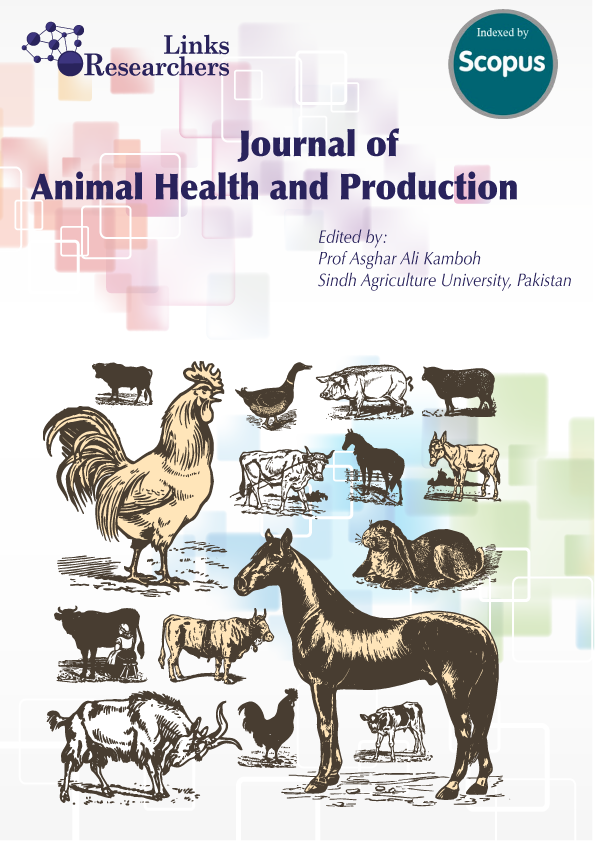Unveiling the Mysteries of Oxidative Stress: An Insightful Review of Recent Studies
Unveiling the Mysteries of Oxidative Stress: An Insightful Review of Recent Studies
Baraa Najim Al-Okaily
ABSTRACT
Extensive study spanning several decades has been conducted to investigate the impact of oxidative stress on the liver, kidneys, and other organs. Achieving a full understanding of the fundamental concept of stress is crucial as it facilitates an intimate understanding of the causes of stress. Oxidative stress refers to an imbalance between the levels of oxidants and antioxidants, resulting in a disturbance of regulation and potential damage to molecules and cells. Thus, this review is designed to highlight the important roles of oxidative stress on various physiological functions particularly in liver and kidney. Reactive oxygen species (ROS) are highly reactive chemicals generated within cellular mitochondria that can impact plenty physiological functions in either a positive or negative manner. Under normal physiological circumstances, the cells of the body generate a minimal amount of ROS, which corresponds to a low level of oxidative stress. These molecules play a crucial role in regulating cellular signaling pathways, facilitating communication between cells, and supporting the immune system. However, when the level of oxidative challenge exceeds the normal physiological range, it can cause disruption and oxidative damage to large molecules. Recent advancements in scientific techniques have provided detailed understandings of spat-out redox patterns and the control of these reactions in particular settings have become at reach. Many studies have examined the impact of oxidative stress from diverse perspectives and disciplines, such as medicine and biology, as well as its influence on animals. Many endeavors prioritize the participation of ROS from various molecules in both states of health and illness. Oxidative stress can result in unfavorable consequences, such as degenerative illnesses. Chronic liver and kidney disorders are highly widespread globally and are intricately linked to oxidative stress, a phenomenon that has been extensively studied and highlighted for many years. Collectively, we can conclude that the oxidative stress is normal when there is a balance between the production rate and scavenger rate. However, it could be detrimental when the ability of body is insufficient to control the production rate or incapable to remove the harmful byproducts resulted from oxidative stress.
To share on other social networks, click on any share button. What are these?






